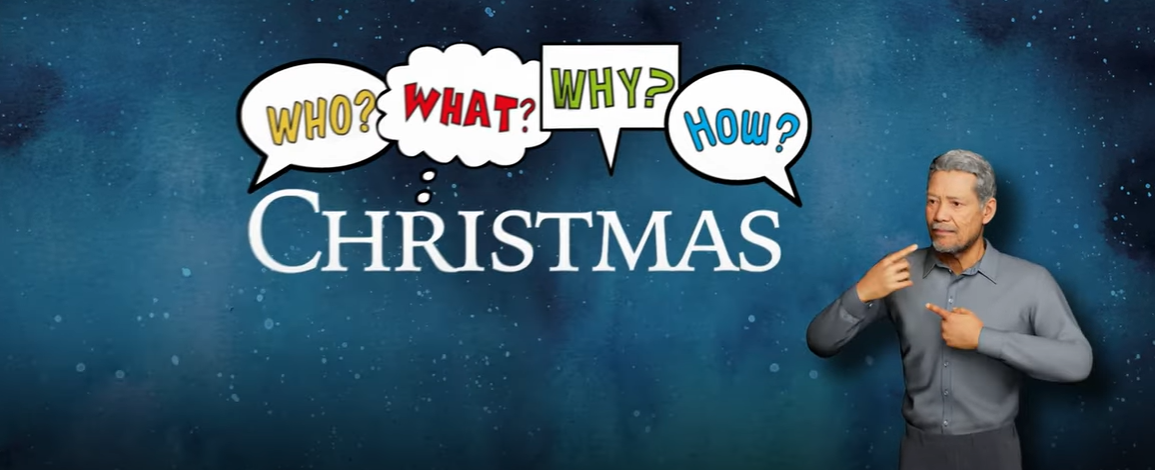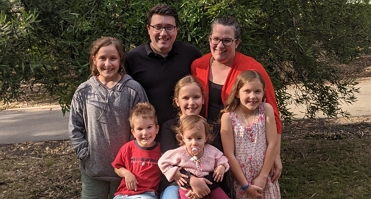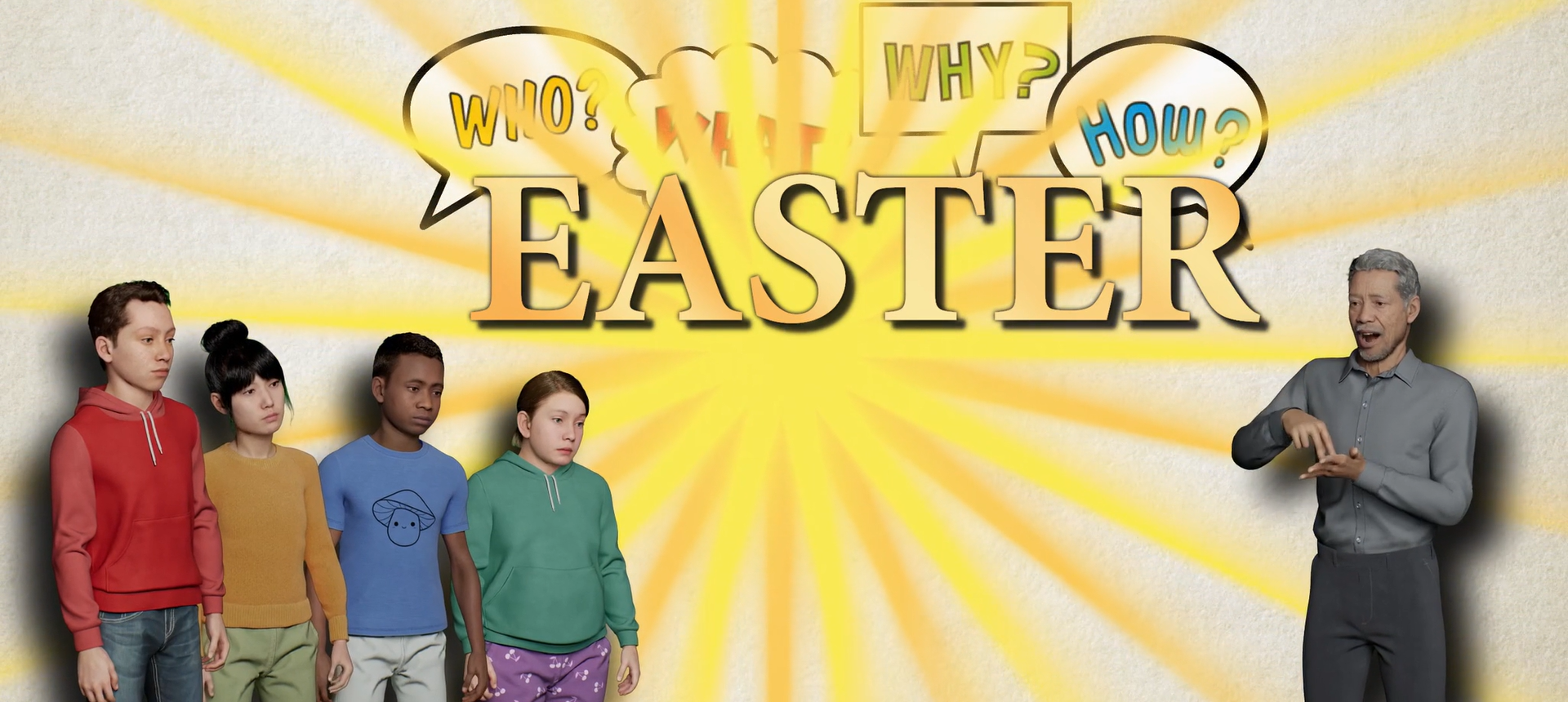Silence is not always golden
By Deb Fox | Wycliffe Today Christmas 2023
The Four Seasons gave us the song ‘Silence is golden’. But have you ever wondered what it would be like to lose one of your senses? Renowned 19th and 20th century author and disability advocate, Helen Keller, lost both her sight and her hearing after an illness in her infancy. Despite the incredible hurdles and daily struggles she faced, she was able to attend Harvard University and become the very first deaf-blind person in America to graduate with a Bachelor of Arts degree. Yet Helen was acutely aware of her unique position, saying in her autobiography, ‘I owed my success partly to the advantages of my birth and environment. I have learned that the power to rise is not within the reach of everyone’.
Sadly, the majority of Deaf and blind communities still face challenges in their daily lives most of us never encounter, including the ability to access and understand Scripture. At a Wycliffe Australia ‘Mission Possible’ event in Melbourne, Saul and Rebecca Thurrowgood shared about their heart to reach Deaf people with the Bible in a language that speaks to their hearts. Their talk was titled ‘Faith comes by hearing…but what if you’re Deaf?’ and included live sign language interpretations throughout the night. They also shared about the motion capture technology Saul has been creating called Chameleon that is helping to advance the work of Bible translation for Deaf communities.
Rebecca’s parents are both Deaf so she has grown up witnessing firsthand the difficulties they endure. She says that, despite the privileges many in our society have access to, there are still many challenges the Deaf face in Australia and on an international scale:
Attitudes have changed over the years but there is still a stigma attached to deafness. Deaf people aren’t necessarily any more included in services and planning. It takes more intentionality and preparation to truly include Deaf people and provide them with the resources they need. Many Deaf people have other disabilities and deafness has come as a secondary issue. They tend to be abused more because they are more vulnerable.
A 2018 study in America found that the stigma Deaf people face is often a result of the different ways they need to communicate. It determined that ‘the hearing world tends to view being Deaf as a disability … rather than as an identity that also brings opportunity for personal growth and community’ (Mousley and Chaudoir, 2018).
The same attitudes are prevalent among the Deaf in Australia. Rebecca shares:
We often get asked, ‘Well if Deaf people can see, they can read the Bible, right? Why do they need a translation of their own?’ But if we’re talking globally about the Deaf community, we’re talking predominantly about a group of people that don’t get provided with an education in most countries and if they do it’s very minimal. When you don’t have that phonetic input, reading is quite difficult. And it’s not just the words, it’s the way words are put together. But sign language is more than a series of words. It’s a language that expresses culture, identity and belonging. That’s the way I believe God speaks to us. He’s not just a hearing God – he’s also the God of the Deaf. He understands sign language too!
PRAY:
- for the Auslan Scripture translations Saul and Rebecca are planning to start in coming months
- that a team of Auslan signers can be formed and trained to help with the motion capture being used for Chameleon.
MORE:
Read more about the ways in which Chameleon is being used to translate Scripture and gospel resources for sign languages throughout the world, via the website https://wycliffe.org.au/chameleon.
Have a look at the Christmas video available in Auslan: The Who, What, Why and How of the Christmas story in Auslan! 
To see videos created for Deaf children in Auslan, go to: https://wycliffe.org.au/children.



 Thanks for your patience...
Thanks for your patience...